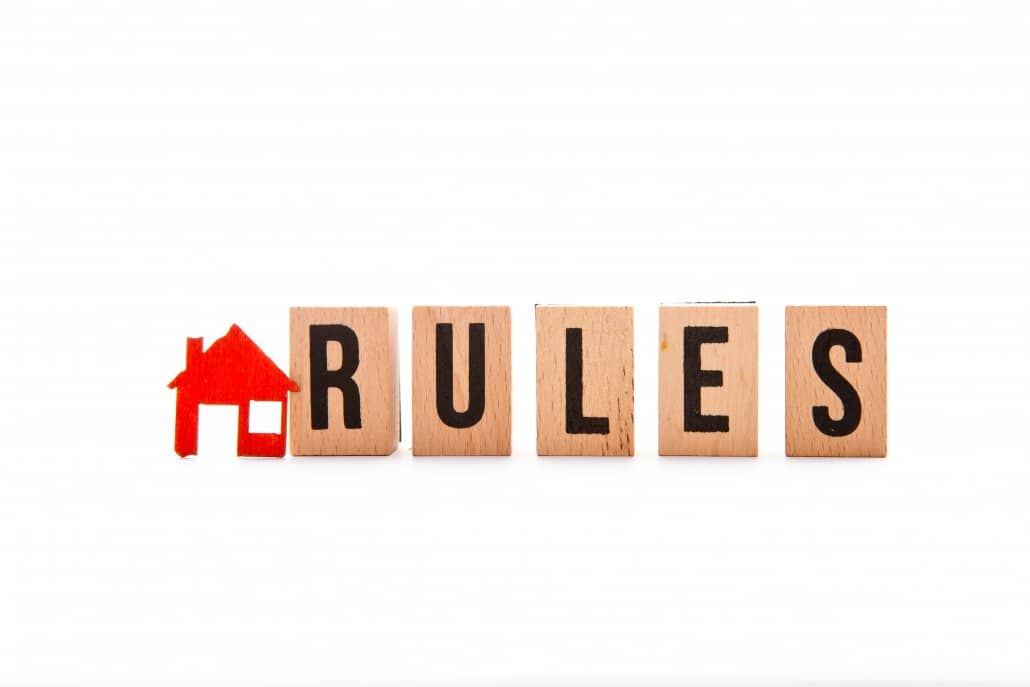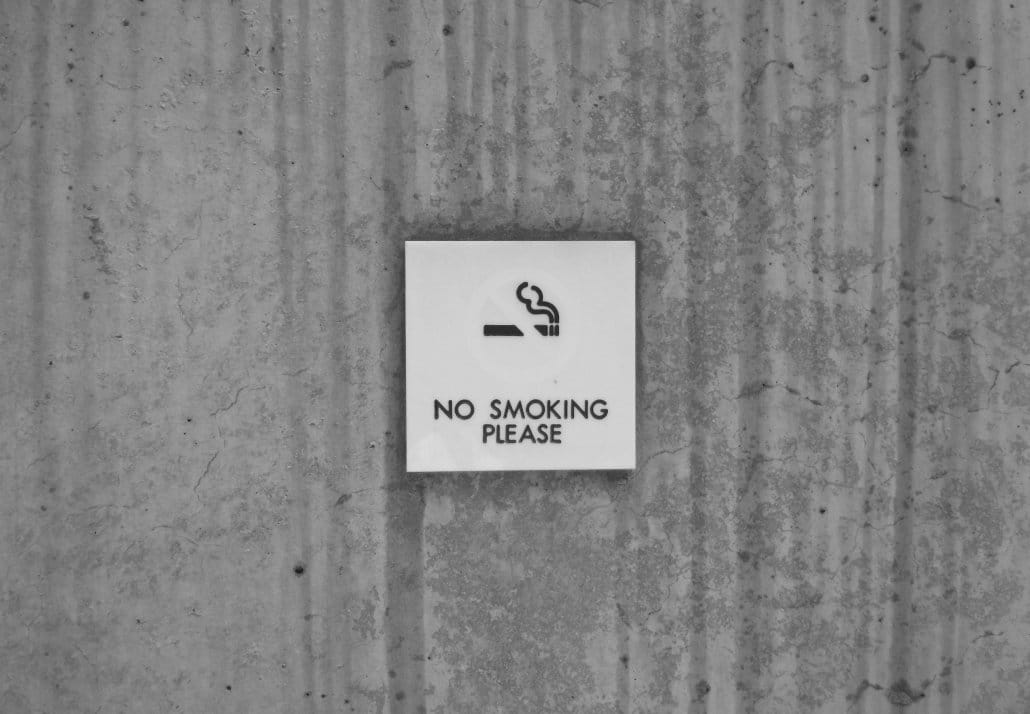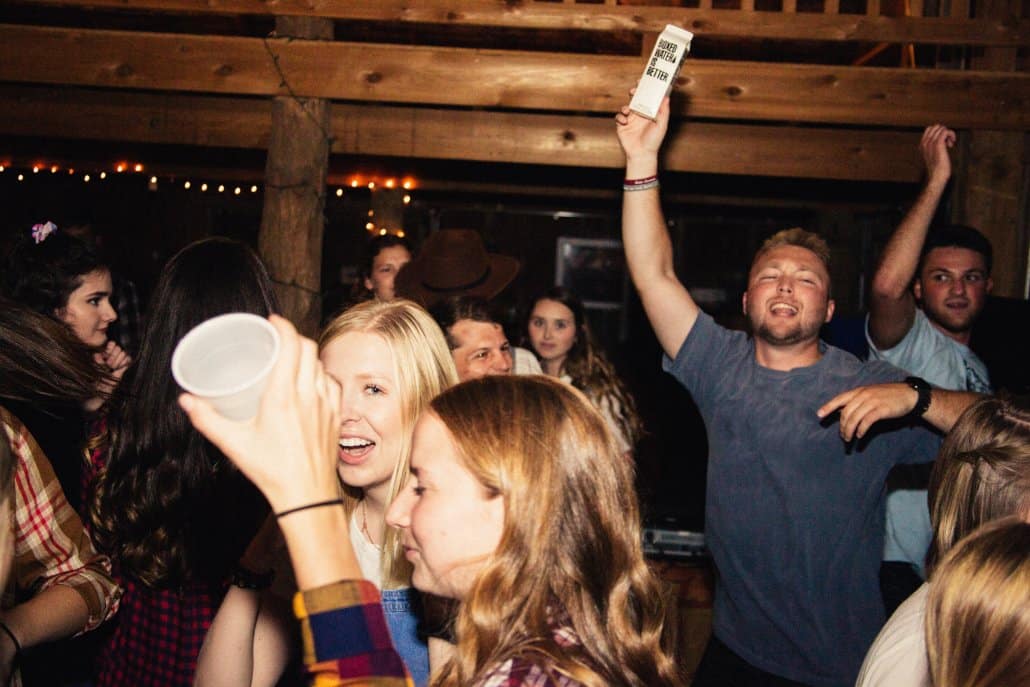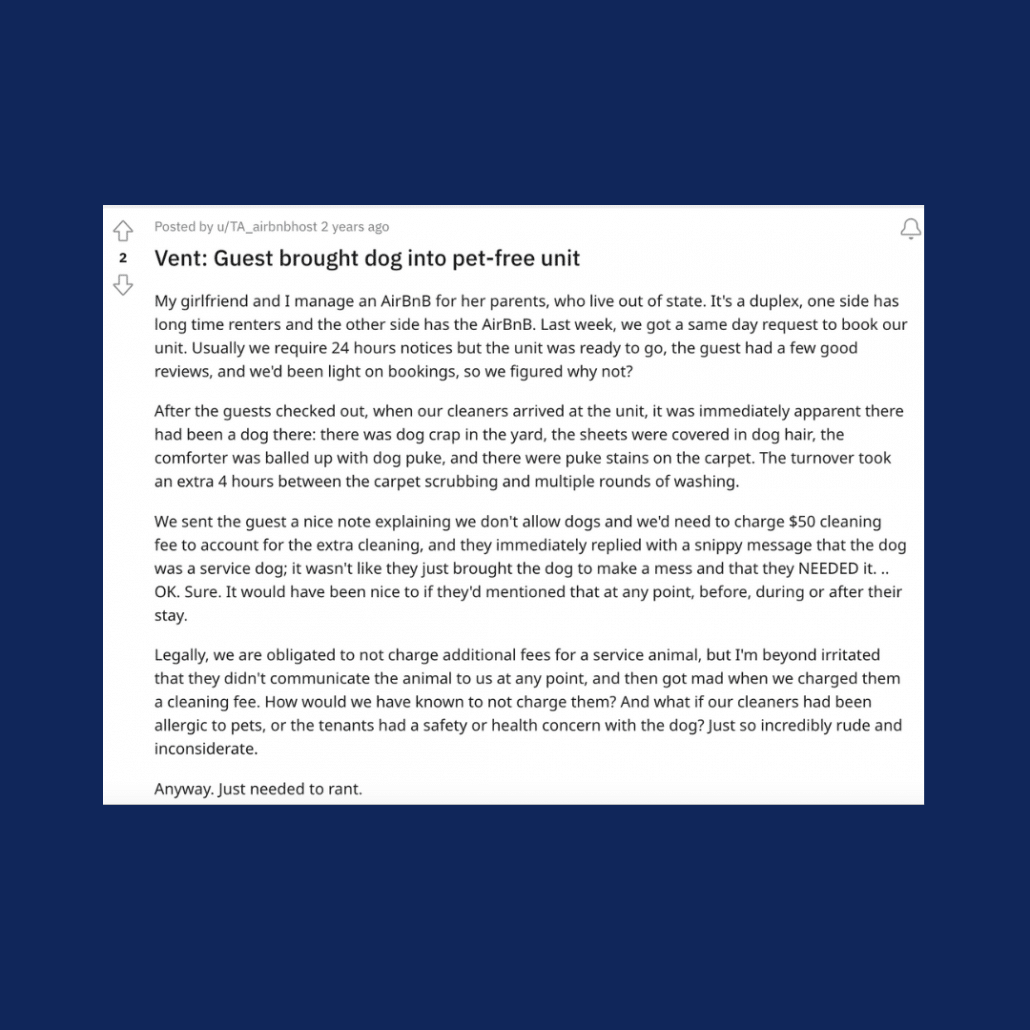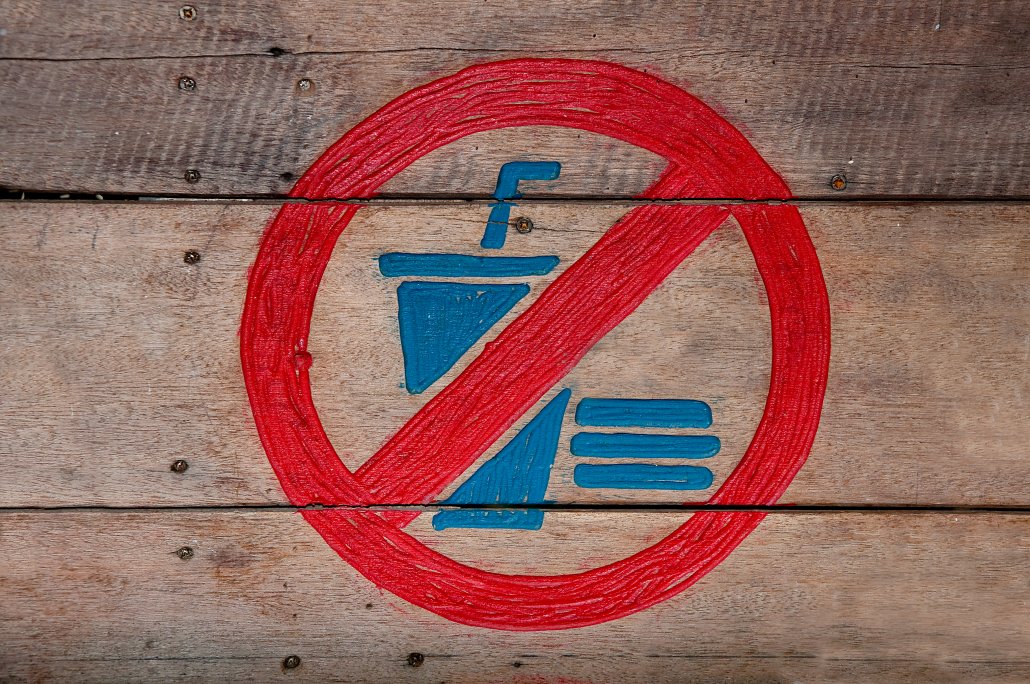Updated on: December 20, 2022
As an Airbnb host, you are renting out your property to complete strangers. How can you effectively minimize risks to your property? By being clear and upfront with your guests about your Airbnb house rules. To help you do this, we have outlined the tools you need to make sure your house rules are presented clearly and properly enforced in order to protect your property. Ultimately house rules are designed to set clear expectations for your guests, enhancing their experience, as well as yours.
Communicating your house rules
Communicating your house rules on Airbnb is helpful to ensure that you are attracting the right guests for your property, and that your property is right for the guests. Outlining Airbnb house rules reduces the likelihood of any problems or misunderstandings arising with guests.
First things first, your Airbnb house rules and regulations must be published on your listing page, clear enough for your guests to see when they are considering booking your property. If you have any trouble adding or editing your rules, you can find clear instructions here. It’s your choice what style you write them in, you can choose to make them more fun and lighthearted, or take the more formal and serious route. Either way, you want to make sure you have categorically outlined the do’s and don’ts of your property, without turning potential (appropriate) guests away.
It’s crucial for hosts to then communicate house rules repeatedly to their guests once they have booked the property itself. This can be done through sending the guest a message with the rules once they book the property, and again when they check-in to remind them. We recommend even making an Airbnb house rules sign to put in the property, which maintains their importance to guests.
Examples of Airbnb house rules
In order to help you create the perfect Airbnb house rules for your listing, we have provided a detailed list of the most common house rules used by Airbnb hosts. Be aware that this is not an exhaustive list, there are many other rules you can include which can be more specific to your property and needs.
1. No smoking inside the property
No smoking is one of the regulations we highly recommend you include in your Airbnb house rules. The odor of smoking is extremely difficult to remove once someone smokes inside your property, and this could potentially turn away many future guests and worsen your reviews.
Although it’s pretty standard practice now not to smoke inside, you want to make sure you clearly communicate that guests who smoke can only do so outside – you can even provide them with an ashtray so that they feel more comfortable and welcome (which also ensures they don’t dispose of the cigarette butts anywhere you don’t want them to).
2. No parties or events
One of the most common ways for your listing to be left in a total mess and for damage to be caused to your possessions is by guests having parties. To prevent this, we advise that you clearly ban parties all together. Most guests are likely to only be staying at your property for a few nights, so it doesn’t matter to them if they throw a crazy party and spill drinks on your carpet. In addition, you don’t want to get on the bad side of the neighbors, which is most likely going to happen if there are loud noises past 11 PM. Therefore, emphasizing no parties or events in your rules allows you to avoid this kind of risk. Recently, Airbnb announced that they are now permanently banning parties and events in all of their listings.
3. Pets or no pets?
Even if you might be a furry friend owner yourself, you have to consider whether you want to allow guests who travel with pets to book your property. As traveling with pets has become more common in the past few years, it might help increase your bookings and visibility if you don’t restrict pets and you can maybe even charge those guests a higher rate.
However, there are many issues that pets can bring to your property that you have to take into account, for example, they are more likely to cause damage and mess to your living area and they can be extremely difficult to clean up after which may lead you to have to pay an extra cleaning fee. For this reason, many Airbnb hosts clearly state that pets are not allowed into the property at all.
Here is an example taken from many posts in this popular Subreddit ‘airbnb_hosts’ where hosts are frustrated by no pet rules being broken:
4. No unregistered guests
Having unregistered guests in your property makes things a lot more complicated. They can lead to more wear and tear in your property as well as increasing the risk of damage. It can also be more difficult to hold these unwelcome additions accountable for this damage because it’s unlikely you’ll have their details. For this reason, it’s crucial that you state your guests must refrain from bringing any person that is not registered with you into the property. This makes it very clear for guests and leaves no room for any confusion or misunderstanding.
If you want to take a more relaxed approach, you can specify that if they want to bring in unregistered guests, they must request permission from you first. You can also state that you charge an additional fee for unregistered guests, or set a time for when those guests must leave by. But be aware of the risks involved in choosing the more laid-back option.
5. No food or drink in the bedrooms
This one is pretty straightforward, but nonetheless very important to clarify to your guests. There’s nothing worse than red wine spilling on white bed sheets, so emphasizing that no food or drinks are allowed in the bedrooms is the best way to prevent this from happening. As long as you have a kitchen and living area fit enough for your guests to eat in, there’s no reason why they should need to bring any food or drink to any of the bedrooms.
6. Checkout times
You must make it clear to your guests that they have to adhere to the checkout times that you state on your house rules list. This benefits you as it allows you to plan everything that happens after the guests leave, especially the time for the cleaner to arrive. Not only does it help you, it also allows the guests to plan their trip according to the checkout time and minimizes the chance of there being complications when they leave. It is also common practice for a lot of Airbnb hosts to communicate the checkout times again to your guests once they have booked the property, and when they check-in.
Are Airbnb house rules legally binding?
Airbnb house rules are, in fact, legally binding. They are included in the terms of service that guests agree to when they complete a booking. This is why it’s so important for hosts to make guests aware of the restrictions that exist and the consequences if they happen to be broken.
What do quiet hours mean on Airbnb?
Airbnb quiet hours are hours specified by hosts as times during which guests cannot be notably loud or rowdy. In some locations, this may refer to late hours of the night, while in others it may also include afternoon hours that are designated quiet times in particular cities or countries.
It is important that hosts define what they mean by quiet and whether it refers to simply lowering the volume of music and tv or restricting noise even further. This may depend largely on the type of accommodation and the presence of other guests or tenants in the unit.
Conclusion
To summarize, house rules are as important to your listing page as pictures or a description of your property. Hosts have to ensure they are communicated in the correct way to their guests so that they know what to expect from their stay. However, they need to be phrased correctly so as not to discourage potential, appropriate guests from booking. It’s likely that guests are escaping to your Airbnb for a holiday, and you don’t want to spoil this time for them, but rather enhance their guest experience.
Ultimately, Airbnb house rules are designed to keep your property safe and set mutual expectations – damages do happen, but you want to be protected when they do.

